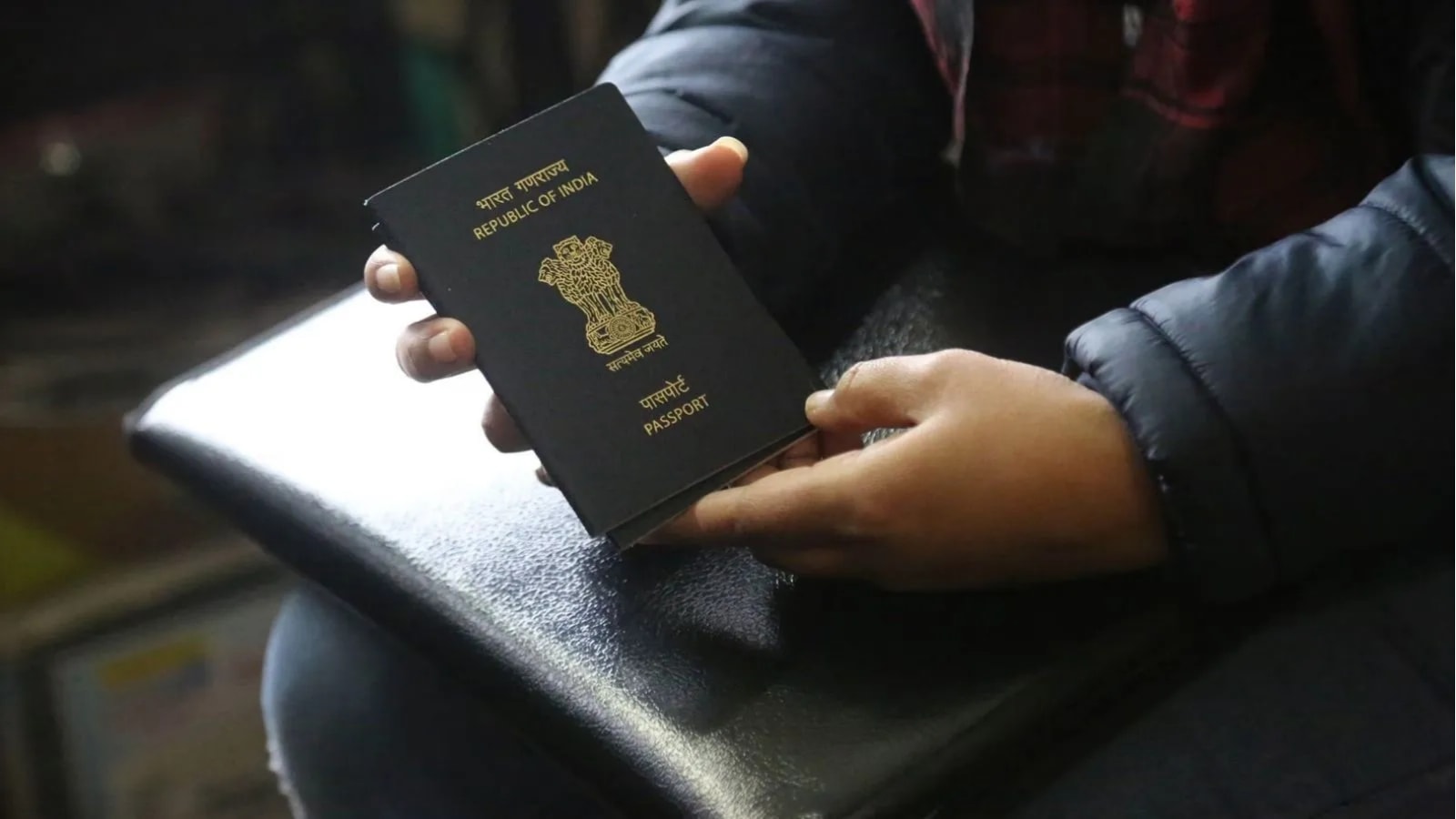Opinion | In Turkey, a philanthropist did good. Now he sits in prison for life.
Mr. Kavala, 65 years old, is a businessman and civic activist. After building up his family companies in the 1980s, he sought to address political conflict and founded Anadolu Kultur, an organization devoted to art and cultural exchanges. He wanted to heal Turkey’s long, troubled conflict with the Kurds, backing civic and human rights groups, including Turkey’s chapter of the Open Society Foundations, the organization Hungarian-born billionaire George Soros created to support democracy and transparency around the world. This did not endear Mr. Kavala to the increasingly authoritarian Mr. Erdogan.
On Oct. 18, 2017, Mr. Kavala was arrested on charges of suspicion of attempting to overthrow the government and the constitutional order through force and violence. The charges were vaguely related to 2013 protests against a government plan to eliminate green space in Istanbul’s Gezi Park, which triggered a nationwide movement against Mr. Erdogan’s authoritarianism. Mr. Kavala was also accused of playing a role in the failed July 2016 coup attempt against Mr. Erdogan. Both of the charges were concocted.
Mr. Kavala sat in prison for more than a year based on what the European Court of Human Rights later described as “mere suspicion” and “an absence of facts, information or evidence” in the case. Then a formal 657-page indictment was published, but it contained no evidence of illegal or violent activity. Mr. Kavala was entirely engaged in legitimate, peaceful protest and organizing. The European court said Mr. Kavala was prosecuted for an ulterior purpose, “namely that of reducing the applicant to silence.” This absurd charge sheet now sends Mr. Kavala to prison for life. It is terribly unjust — the only right thing to do is free Mr. Kavala.
Mr. Erdogan, facing public anger over soaring inflation and a collapsing currency, is approaching election season with his fists raised. Backed by his Justice and Development Party and its allies, parliament enacted a new media law that can penalize anyone who disseminates “false or misleading information.” Separately, a court sentenced Istanbul’s popular mayor, Ekrem Imamoglu, a political rival of Mr. Erdogan, to more than two years in prison on the charge of “insulting public figures.” If upheld on appeal, it would bar him from seeking public office. The judicial system is not independent; each case bears Mr. Erdogan’s fingerprints.
The Turkish president is experienced at balancing East and West. He brokered a deal with Russia to permit grain exports from war-torn Ukraine and bought Russian S-400 air defense systems over U.S. objections. But he also sold Turkish drones to Ukraine. As Turkey’s all-important 2023 election nears, the United States and Europe cannot fail to speak out about his lunge toward autocracy.


